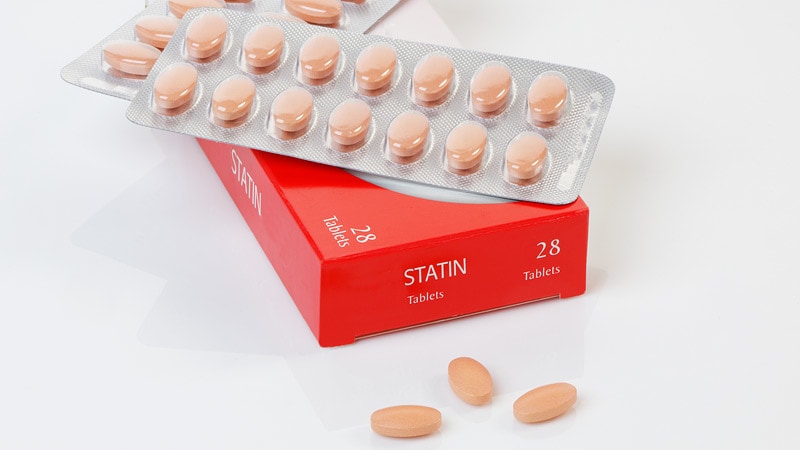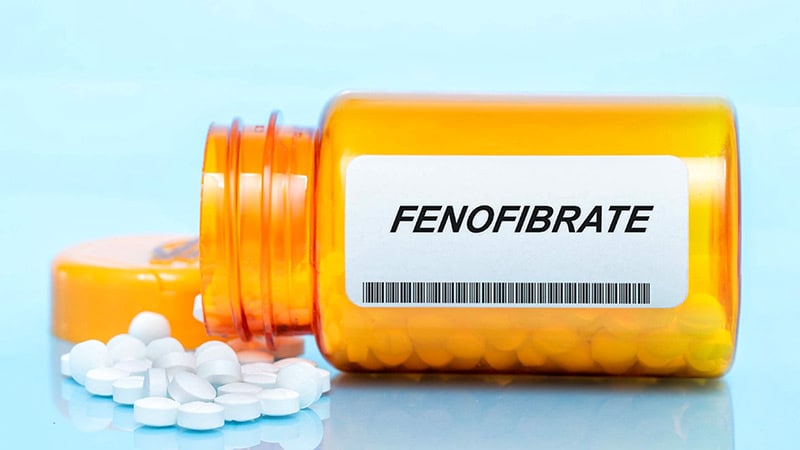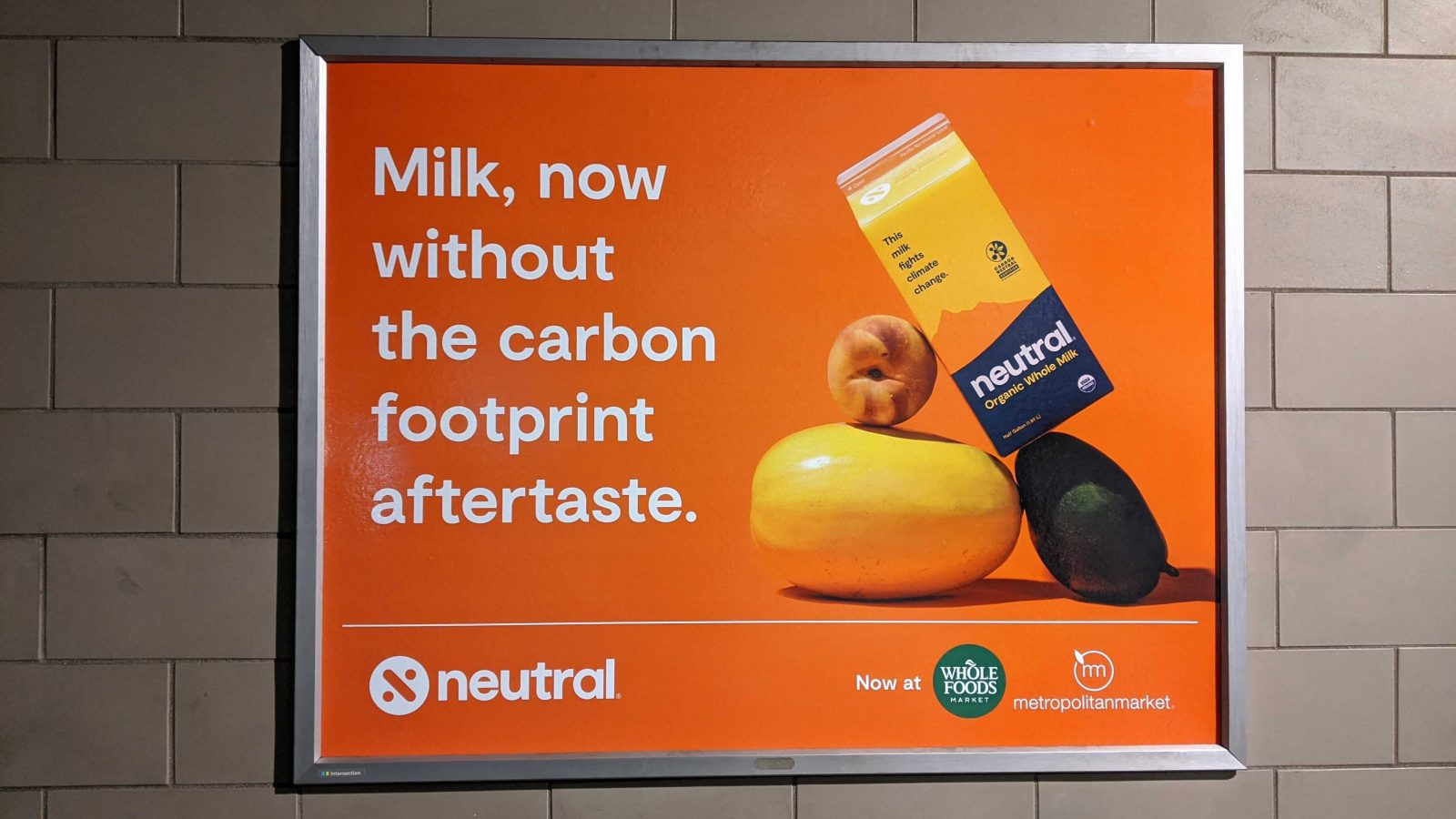Brooke Pimental is a foster mom in West Chester, Ohio, who tried six types of formula before landing on one that worked for her 5-week old foster daughter. That persistence helped rid the child of painful gas and diarrhea—until the ongoing formula shortage left her scrambling.
“She has a very sensitive system, and we didn’t want to change things up once we found what worked for her,” Pimental says. She first encountered supply chain issues toward the end of December 2021, when it took her three stops to find the correct formula. Recently, she had the same problem again, and finally found what she needed by paying double the usual price at a drugstore.
“I would have to continue paying whatever it costs to feed her and keep her comfortable. However, it does put a lot of financial strain on a family,” she says, adding that government services will only cover one type of formula, and it’s not her foster daughter’s type. Parents around the country echo Pimental’s struggle in online chat groups, using virtual support systems to help each other locate the formula they need. In some cases, though, people are attempting solutions that could be dangerous—even deadly—to their child.
Don’t panic. You can still feed your baby.
Most of us have been annoyed, at minimum, and in some cases, substantially inconvenienced by the supply shortage pervading many industries. Baby formula is no exception, but it can feel downright terrifying not to know where your child’s specific formula type will come from when the last can runs out. Making matters worse, the current shortage is happening along with a massive formula recall, so some families are throwing out that hard-to-find formula that may be contaminated. But there is good news, and much of it.
For one thing, much of the formula American babies drink is produced in the US and highly regulated by the Food and Drug Administration, so it’s less likely to be blocked by problems with international shipping. There just might be a delay between its manufacture and when it makes it into your baby’s bottle, and “The Great Resignation” means delays in transporting and restocking. Supply issues may also be exacerbated by stockpiling behaviors. (Anyone still working through that toilet paper backstock?)
Although availability may vary from city to city, overall formula production is still operating at 90 percent, estimates Daniel Ganjian, pediatrician at Providence Saint John’s Health Center. CBS News reported in late January that availability ranged from 75 percent to 98 percent across 10 national retailers. A few decades ago, parents relied on two to three manufacturers for formula, but it’s now 30 to 40, Ganjian says. “There are still a lot of options,” he says. If your baby is over 6 months old, you can also increase the amount of baby food and age-appropriate foods they are eating, but you shouldn’t replace formula with food completely—and you shouldn’t switch to cow’s milk until they’re 12 months old, he explains.
Think beyond the grocery shelves
Creative sourcing can help you find formula outside of your typical grocery or baby superstore. At smaller stores, like local drugstores, managers may know when the next shipment of a certain product is due to arrive, so be sure to ask, Ganjian says.
[Related: Improving your baby’s bone health starts in the womb]
Like everything from baby swings to hand-me-down clothes, social media is a top-notch resource for finding cans of formula other parents might be willing to swap or resell. But be careful about these products, warns the Infant Nutrition Council of America: “Purchasing infant formula from individuals, such as at flea markets, on e-commerce websites, or on internet auction sites, is not recommended. These products may have been improperly stored or shipped, which can negatively affect the quality of the formula.” The Council advises parents who do this to watch for any signs of tampering and to check the expiration date.
Asking your pediatrician for samples is also totally acceptable and encouraged. “We are still stocked,” Ganjian says, and your doctor should be able to provide similar samples so you can test out other brands before switching. In a pinch, consider checking hospitals and emergency rooms too. And if your family is experiencing a food shortage emergency, including formula, call 211 to access community resources or visit Feeding America’s website to find nearby food banks.
If it hasn’t been too long, consider giving breastfeeding a(nother) go
Breast milk is a nutritious and free alternative to formula, if it’s available. The American Academy of Pediatrics, Centers for Disease Control and Prevention, and numerous other health organizations recommend it as the “optimal” baby feeding option, but stress that no parent should use that endorsement to keep their baby from getting enough milk. Also, parents who can’t or don’t want to breastfeed shouldn’t feel overly pressured to do so, even during a formula shortage, because that pressure can harm their mental health.
Ganjian, who believes “breast is best” as long as a mother is able to produce enough, says parents who might still be able to breastfeed, either because they’ve recently given birth, or have only stopped recently, might consider working with a lactation consultant to restart breastfeeding as a healthy formula alternative. However, if it’s been months since you stopped breastfeeding or stopped producing milk, that might not work, he explains.
“It depends on how motivated moms are,” he says, referring to the natural challenges inherent to increasing milk supply. “I’ve seen moms who have [decreased] a lot in their milk production but then decide, ‘You know what, I really want to go back to breastfeeding,’ and they pick up the pump and they work with their lactation consultants.”
Parents who are able to breastfeed but need to supplement with formula might also be able to use that combination strategy so they don’t have to find their hard-to-locate formula as often. Additionally, if you can’t or prefer not to breastfeed, but still want to consider breast milk as an option, look to breast milk donation centers (relatedly, consider donating if you have a surplus of milk).
A formula change might not be as bad as you think, in most cases.
It might seem that the formula your baby has been using is the only type that will work, but aside from some specific circumstances, that isn’t usually the case, Ganjian says. He explains there are three main types of formula—milk-based, soy-based, and hypoallergenic—and that it’s best to switch to the same type if you need to change brands.
Parents should also avoid attributing spit-up or perceived stomach discomfort as allergies without confirmation from a doctor, and Ganjian hopes parents won’t assume switching will be a problem. “Ninety-five percent of the time when kids do switch formula…[they] don’t have any sort of symptoms,” he says, and parents should know within two days if their child won’t tolerate the new type. “Speak to your pediatrician to make sure [any symptoms] are because of the switch and not because the child is coming down with a virus.” You don’t have to gradually switch, either, he says, “unless the baby doesn’t like the new one.” In that case, you should make the change gradually, mixing the old and new formulas together.
Don’t make your own formula, use cow’s milk, or dilute the formula you have
While it might seem like a desperate time, no formula shortage should result in making your own at home, substituting cow’s milk, or diluting formula. This is one problem you cannot and should not DIY your way out of. All of these alternatives are dangerous for your baby, Ganjian says. “The reason you don’t want to make your own formula is because the baby’s kidneys aren’t fully mature and they cannot process high levels of minerals, protein, calcium, [and] phosphorus, so you want a formula that is FDA-approved,” he says, explaining that the agency checks formula’s electrolyte content to ensure immature kidneys can fully process it. If you make your own, you don’t know its contents with full accuracy and diluting formula can cause seizures, he says. Homemade formula recipes touted online as reputable and “dietician created or approved” can still contain harmful ingredients. Don’t trust your favorite mommy blogger’s recipe.
Note: This article have been indexed to our site. We do not claim legitimacy, ownership or copyright of any of the content above. To see the article at original source Click Here













